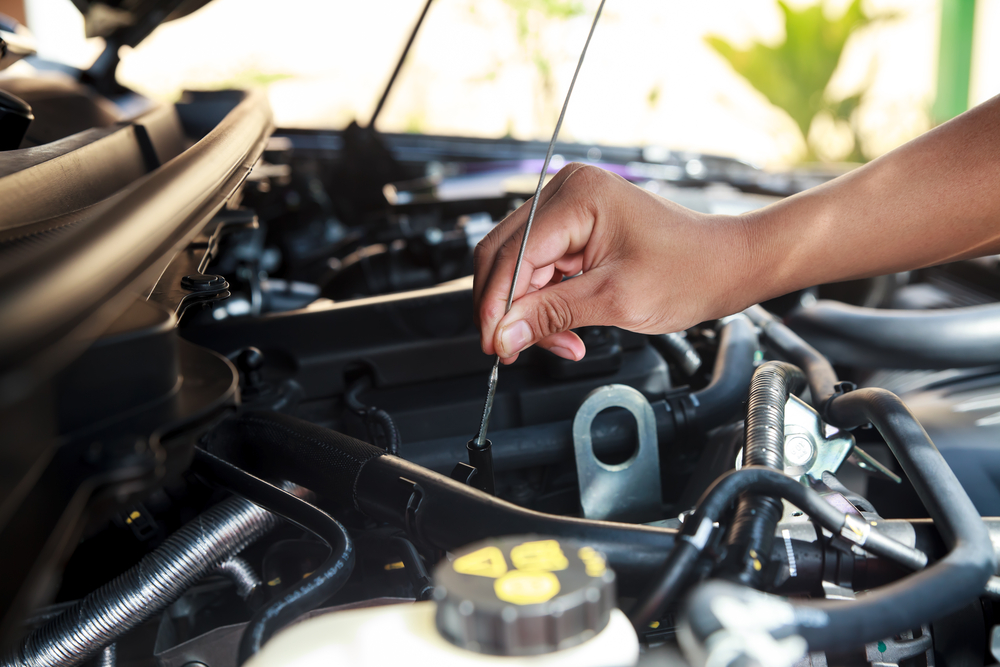All Categories
Featured
The Advancement of Automobile Repair: Taking On Intricate Car Systems

As automobile innovation proceeds to advance, auto fixing stores face the growing challenge of servicing significantly intricate systems. Today's autos are outfitted with advanced features like digital control devices (ECUs), driver-assistance systems, and hybrid or electric drivetrains. To fulfill these demands, fixing shops must introduce and adjust their practices, ensuring they have the devices and experience to handle intricate vehicle repairs.
The Duty of Advanced Diagnostics. Modern vehicles are controlled by onboard computers that manage every little thing from engine efficiency to security systems. Auto repair shops use modern diagnostic devices to communicate with these systems.
As an example, a malfunction in an advanced driver-assistance system (ADAS), such as lane departure warning or automated emergency situation braking, needs exact calibration tools to make sure appropriate function. Without these sophisticated diagnostics, fixing such systems would be impossible.
Skilled Professionals Are Vital. Fixing modern-day vehicles frequently needs understanding of software application shows, electric design, and mechanical knowledge. Auto repair stores invest in continuous training for their professionals to maintain them upgraded on the newest developments in lorry technology.
Shops additionally use experts for unique difficulties, such as hybrid and electric car repair work. These vehicles feature high-voltage systems that call for sophisticated knowledge and security preventative measures, making specialized training essential.

Cooperation with Automakers. Many service center currently work closely with car manufacturers to keep rate with the rapid innovations in automobile innovation. Through these collaborations, shops get to exclusive repair information, OEM parts, and software updates. Some also take part in programs like the National Automotive Service Job Force (NASTF), which bridges the void between independent repair work shops and producers, ensuring stores can take care of the very same systems as licensed car dealerships.
Updating Devices and Facilities. Auto service center are likewise buying their framework to cater to the demands of complicated systems. Committed workplace for calibrating sensing units, servicing high-voltage elements, or doing software updates are becoming common. Devices like laser-guided positioning systems, battery diagnostic devices, and programs interfaces are important for modern repair work.

Customer-Focused Strategy. Vehicle repair service stores progressively highlight transparency by offering in-depth descriptions of repairs and diagnostics. This helps consumers really feel educated and certain in their fixing decisions.
Final thought. Handling complicated automobile systems is no little task, yet vehicle repair stores are climbing to the occasion. By welcoming sophisticated diagnostics, buying professional training, and upgrading facilities, these stores guarantee they continue to be qualified of servicing the vehicles these days-- and tomorrow. For vehicle owners, locating a service center with the ideal knowledge and innovation is crucial to maintaining their automobiles running efficiently in this age of automobile innovation.
Latest Posts
Improve Your Home with Overhead Door Solution
Published May 23, 25
1 min read
Understanding Roof Covering Guarantees: What Homeowners Ought To Know
Published May 22, 25
1 min read
How Consistent Auto Maintenance at Montclare Auto Repair Saves You Money
Published May 22, 25
1 min read
More
Latest Posts
Improve Your Home with Overhead Door Solution
Published May 23, 25
1 min read
Understanding Roof Covering Guarantees: What Homeowners Ought To Know
Published May 22, 25
1 min read
How Consistent Auto Maintenance at Montclare Auto Repair Saves You Money
Published May 22, 25
1 min read